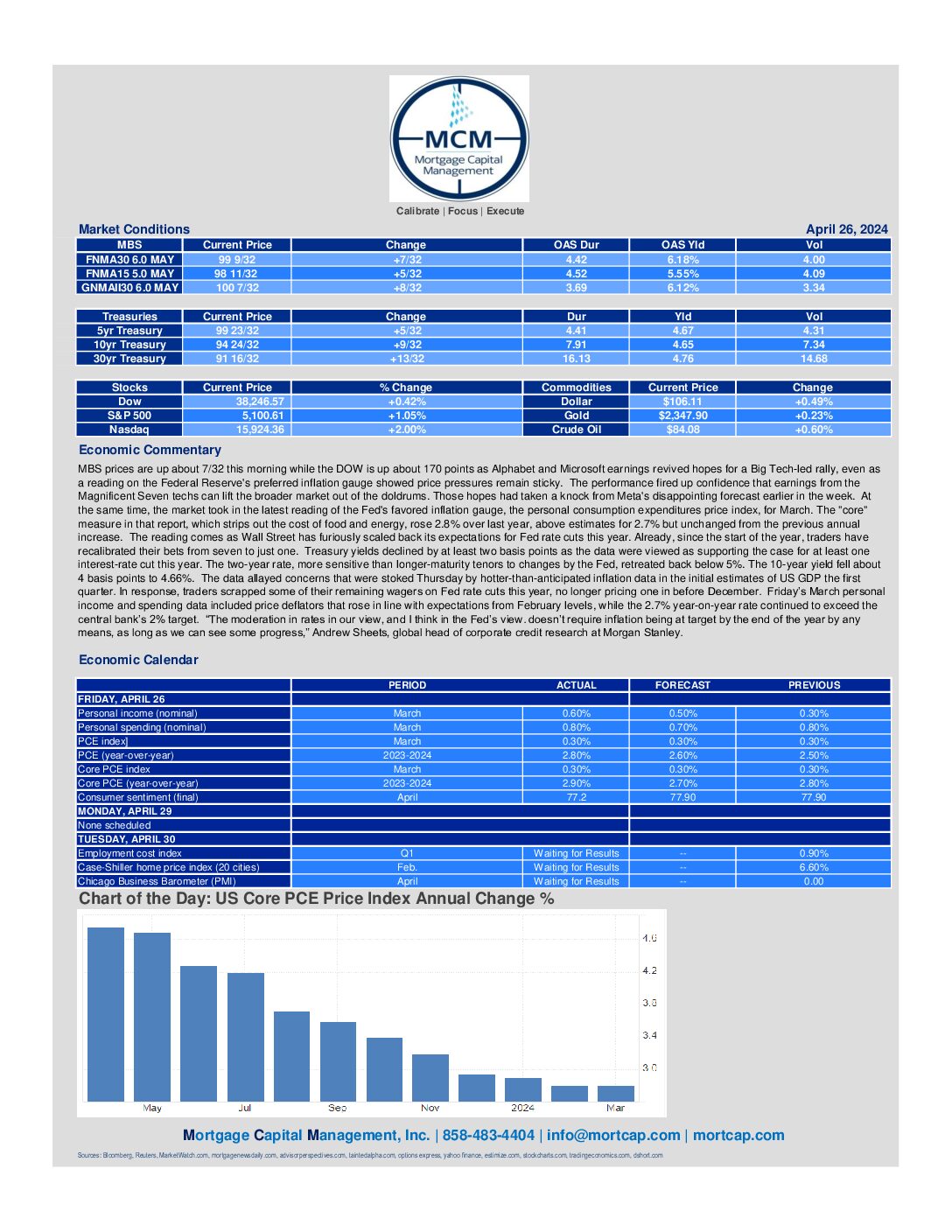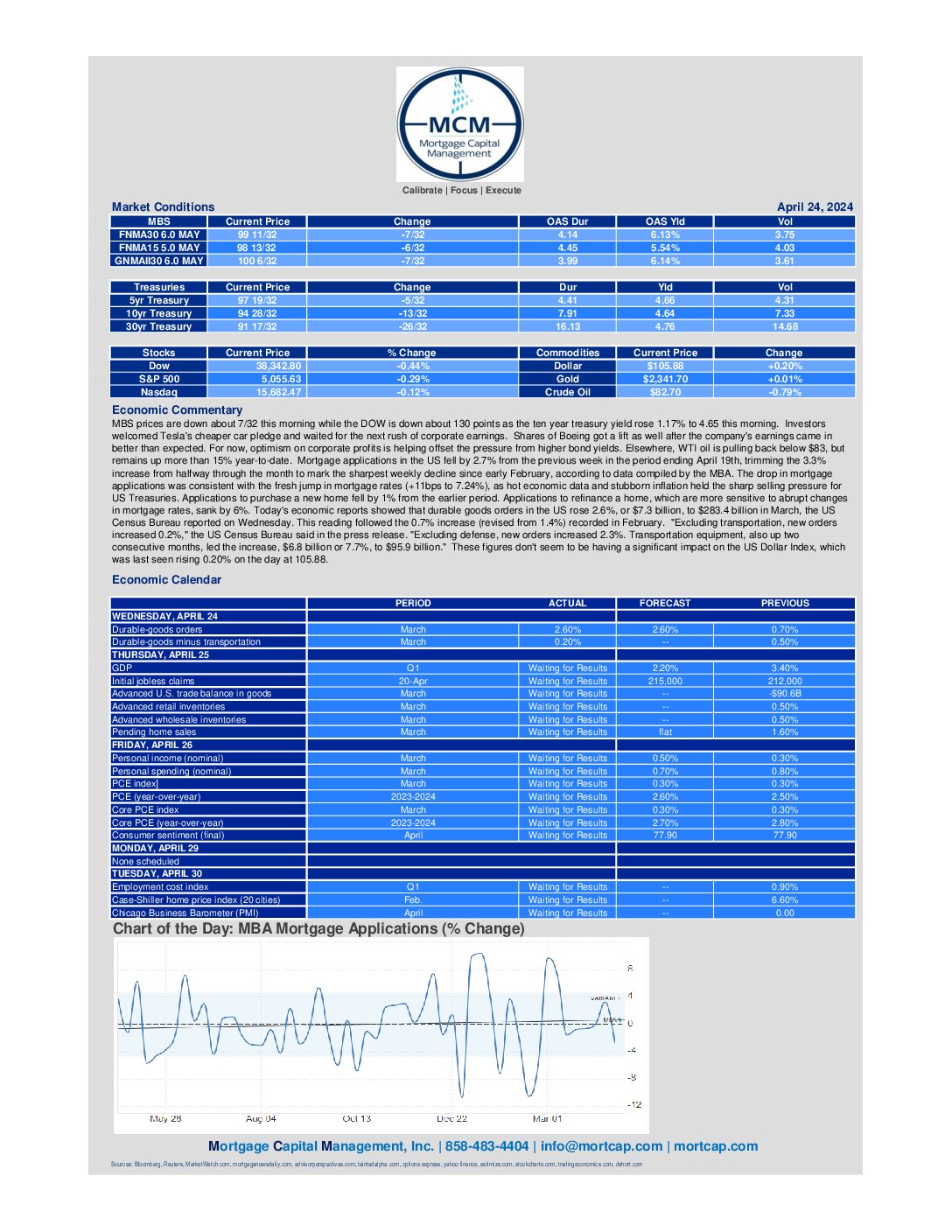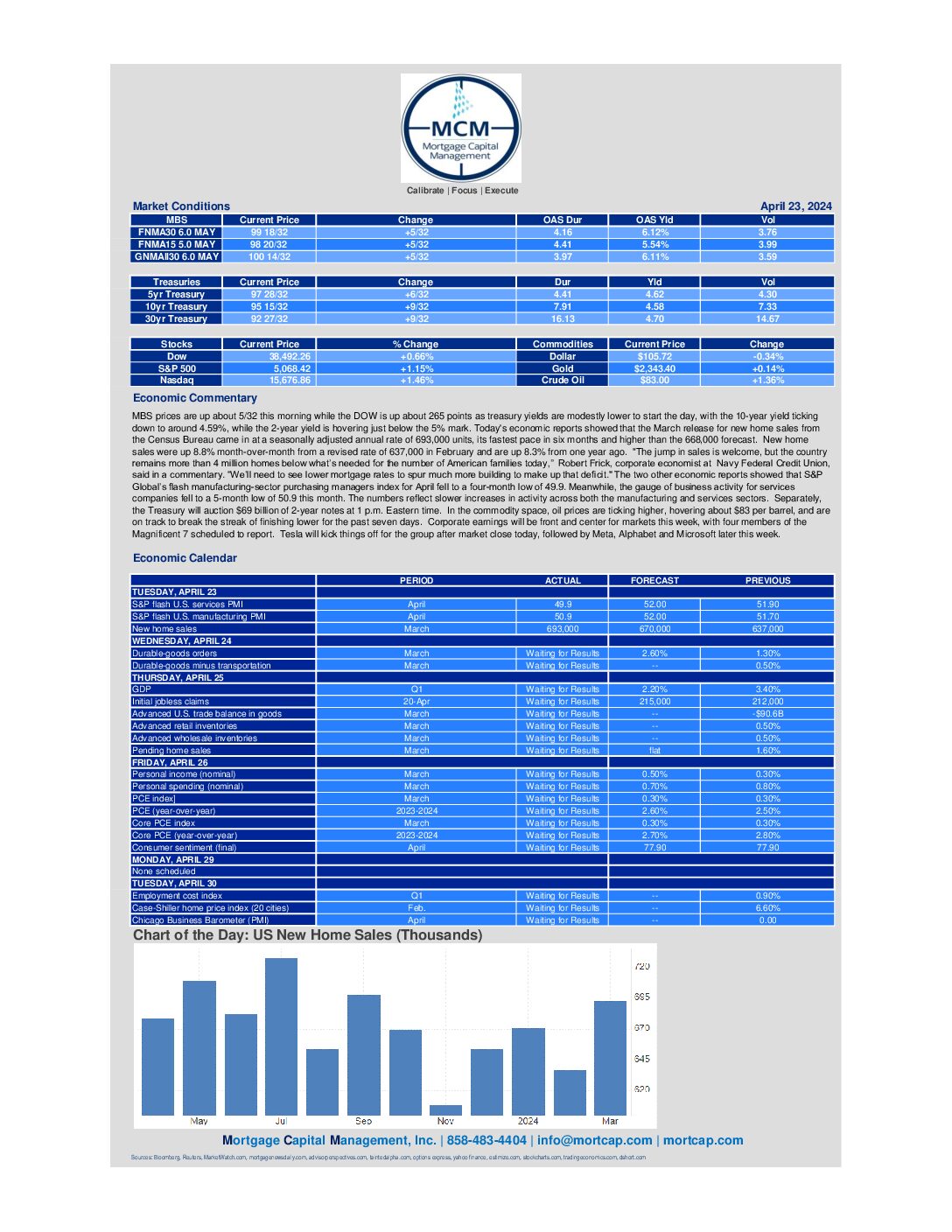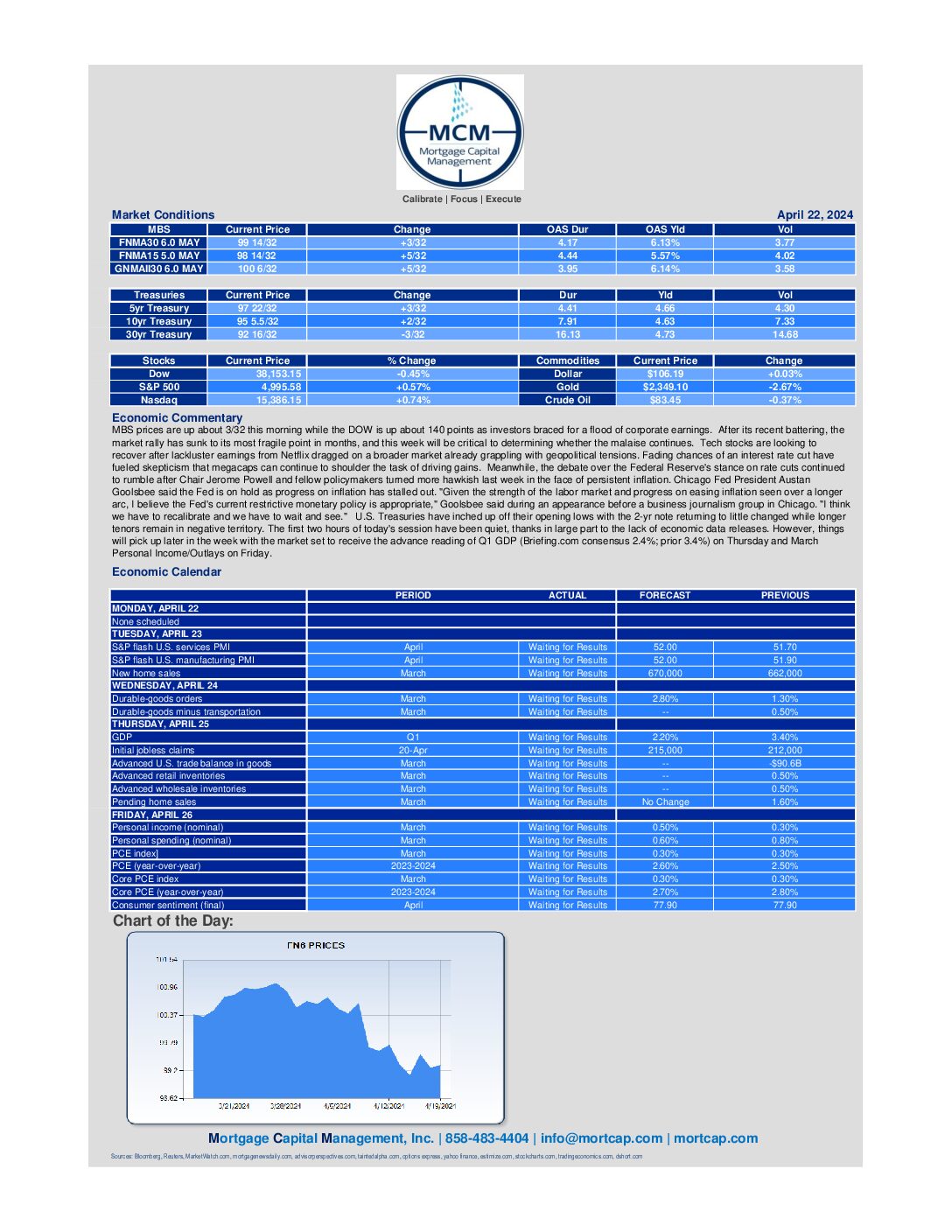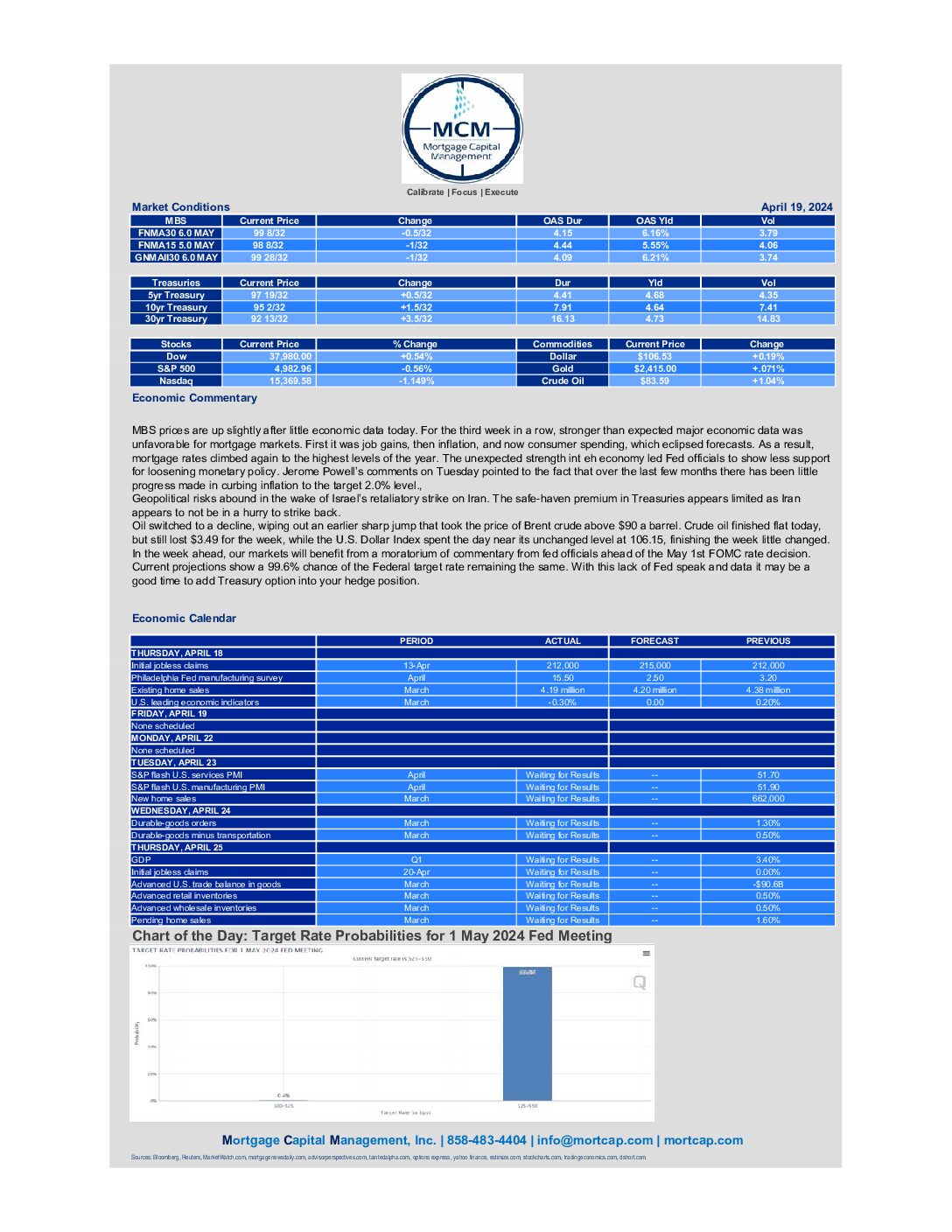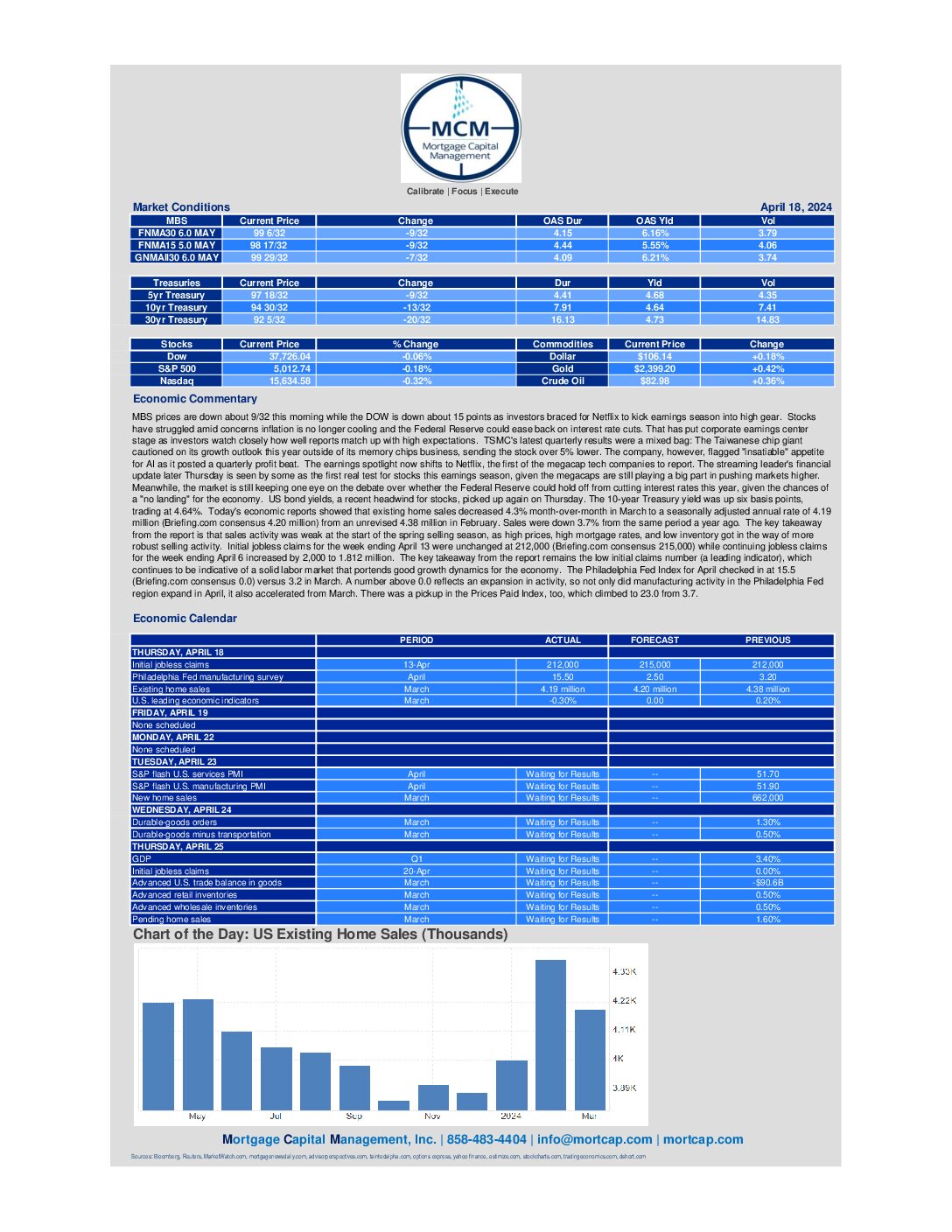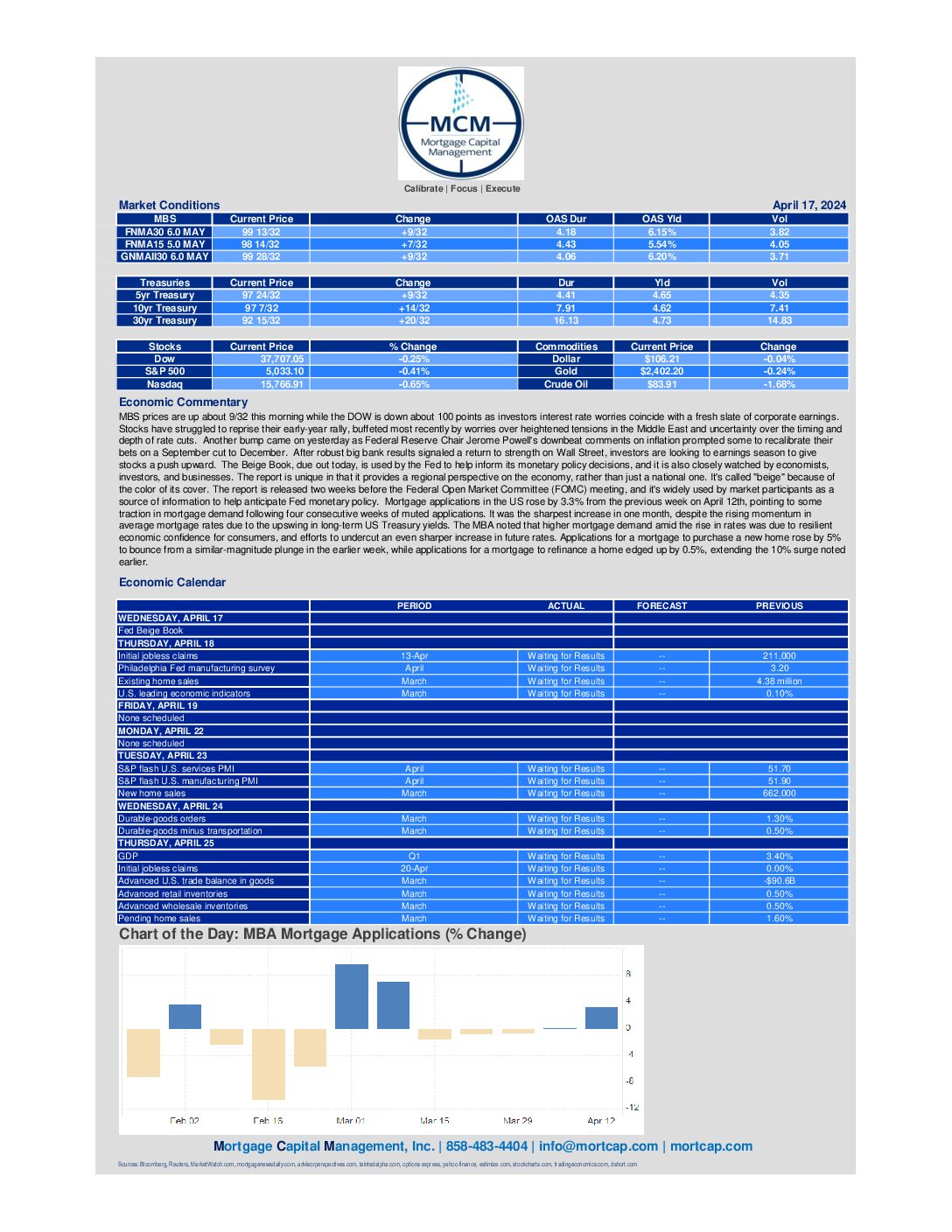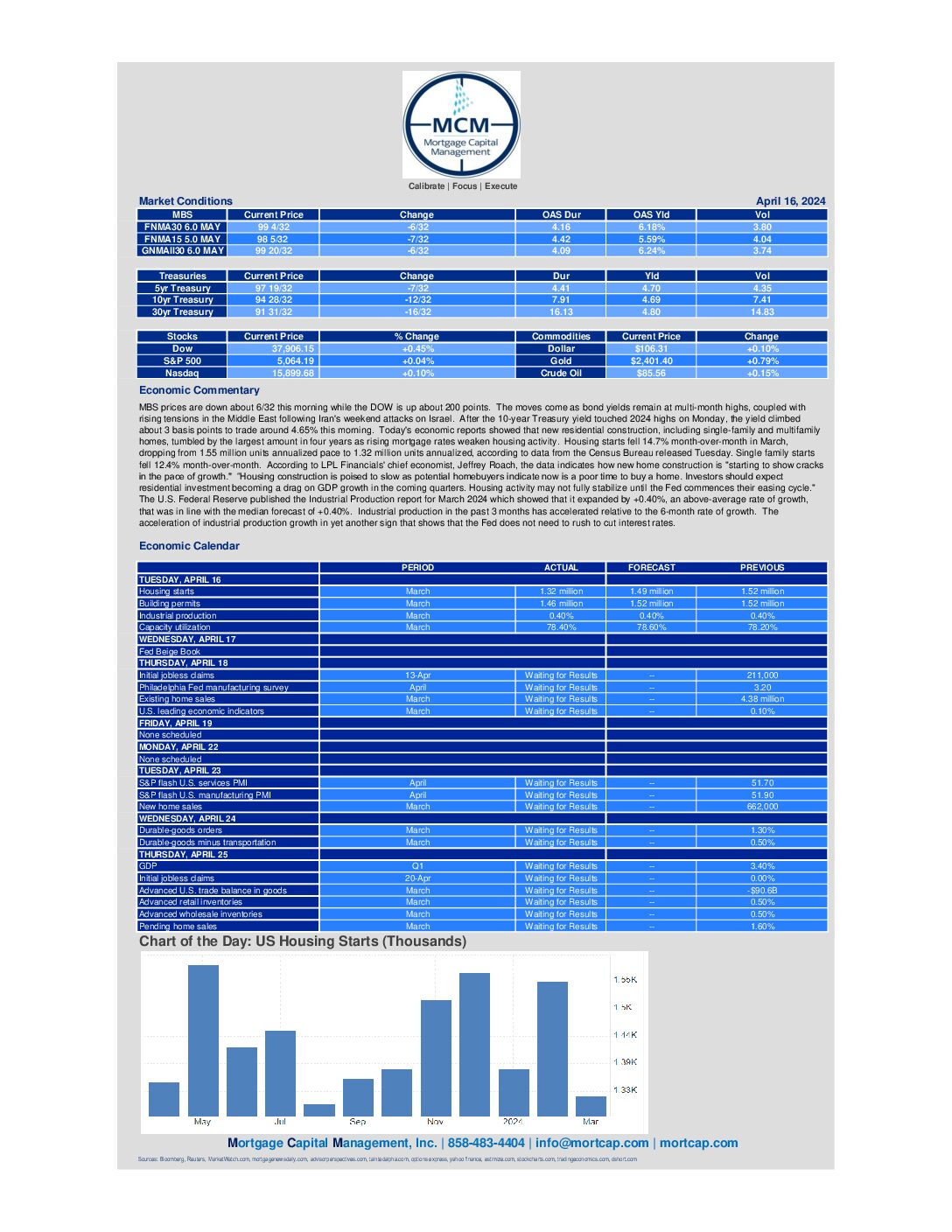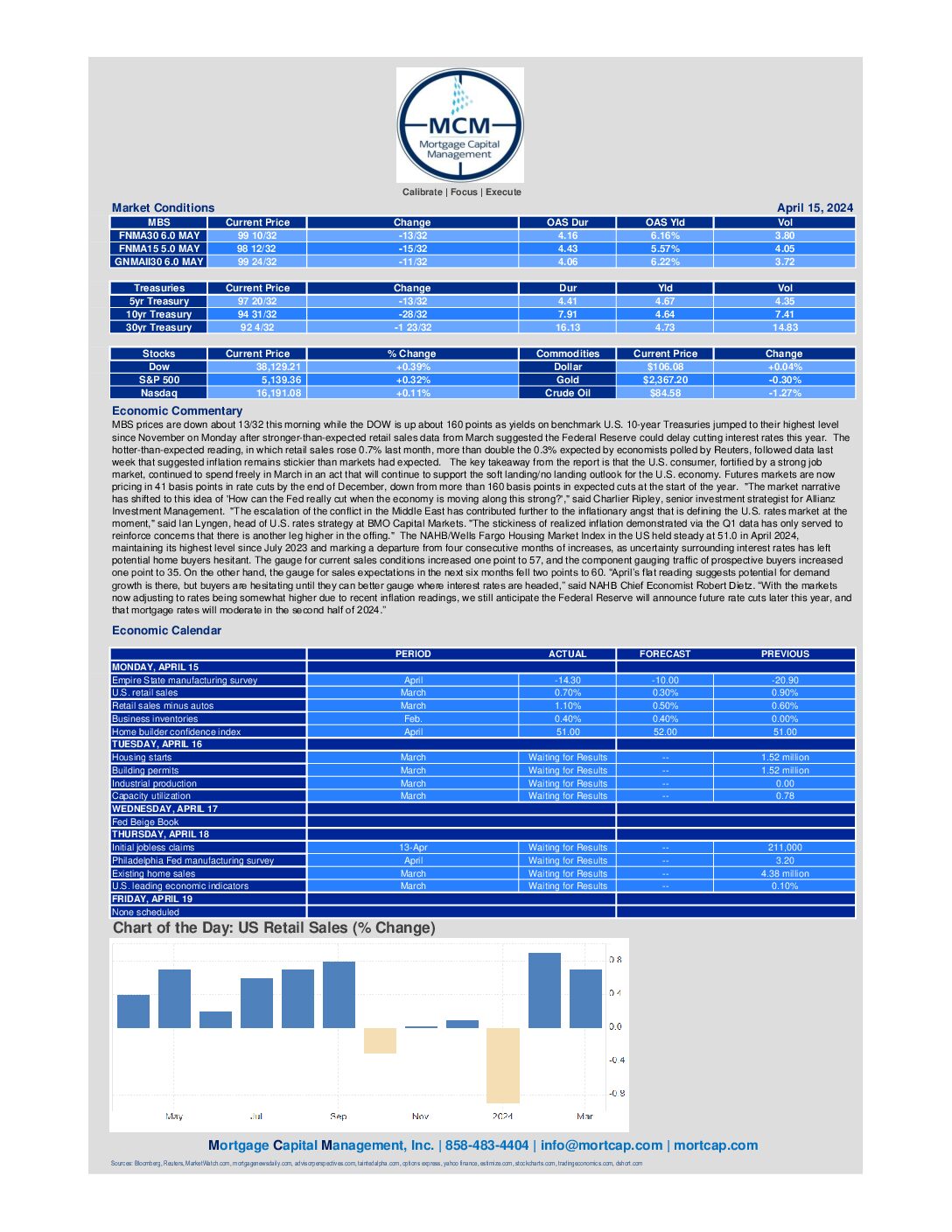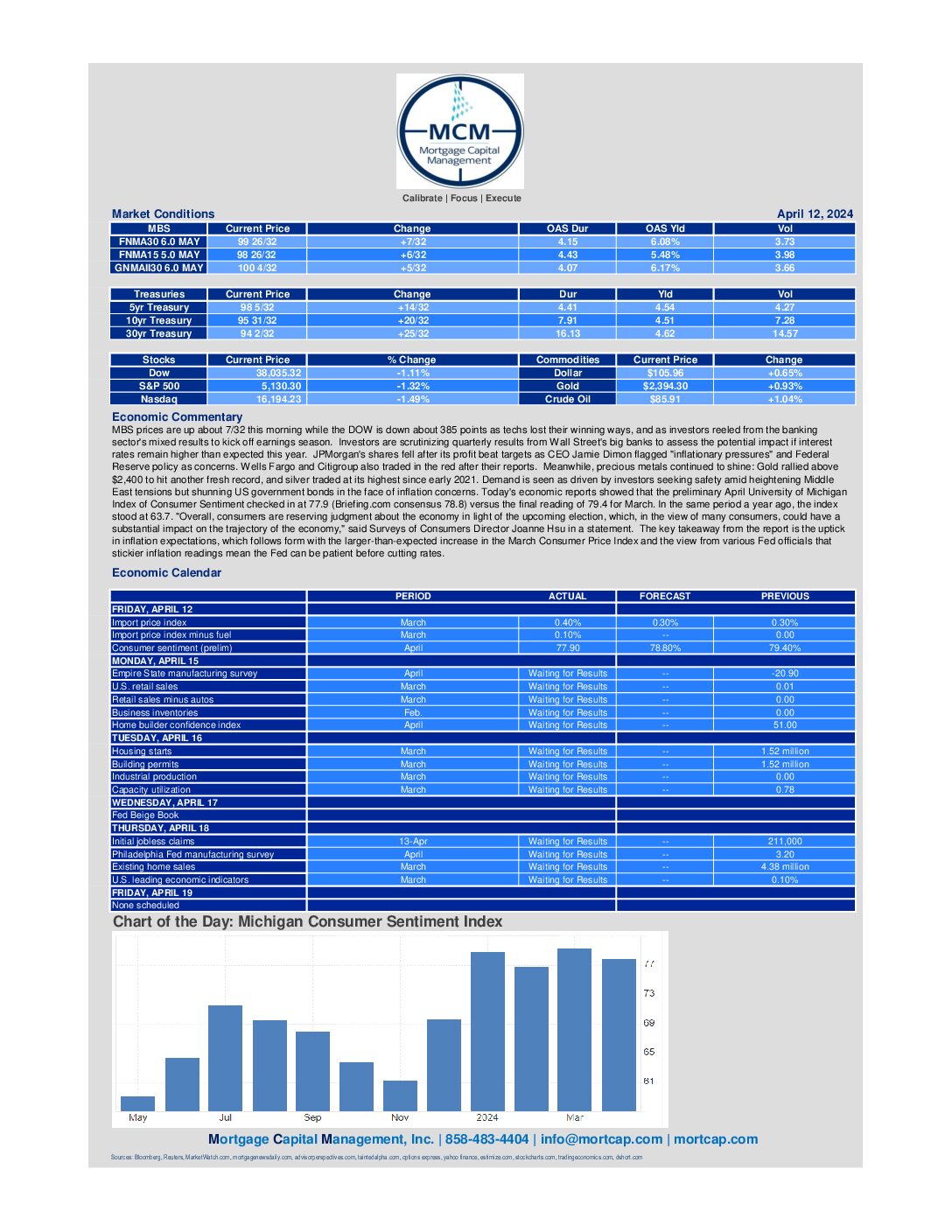Non-QM hedging advisory services
The industry has seen non-QM lending explode over the past few years and the government’s drive to see more affordable lending could lead more lenders to consider offering these products. That said, not all non-QM loan products are aimed at low-income borrowers.
In truth, the non-QM category covers a wide range of mortgage loan products, which may explain why there are so few companies that have developed a good methodology for valuing them and hedging against changes in the value of these assets. Even though these products are priced to consumers at a premium, every lender builds additional margin into their loan pricing to hedge against interest rate risk. It can be a very profitable business, but incorrect hedging can lead to serious problems.
Non-QM borrowers tend to respond to interest rate changes and changes in their credit, which can create a great deal of volatility in the lender’s pipeline. Because most JUMBO loans are non-QM, high balance deals, the lender’s pipeline can grow rapidly. A single loan falling out can mean millions of dollars in difference when it comes time to sell monthly production into the secondary market.
Without good pipeline hedging, this business can be difficult or impossible to manage correctly. Selling another deal may seem like an effective hedge, but it’s not dependable, especially in a rising rate environment. Many non-QM lenders will sell off their production immediately, getting the best execution they can at the time. With the right hedging strategy and better insight into investor pricing, lenders can create bulk sales and get higher pricing with a mandatory delivery. The pricing differential between best efforts delivery and mandatory delivery is substantial on the non-QM side.
The same concerns impact correspondent lenders who make a business of aggregating these loans. It’s very important that they hedge against loss in their pipelines.
MCM has been hedging non-QM pipelines and servicing portfolios for existing customers for over a year. Our advice to lenders who offer these products is not to hedge at their own peril. There is already enough credit risk in these deals, which can be hedged by purchasing a CDO. This is less of a problem if the lender does a very good job of hedging against interest rate risk.
But there is no simple solution for most lenders. They don’t have access to the information or the analytical software that MCM brings to the task. As interest rates rise, the yields on non-QM products rise as well, which drives the pricing lenders can get on the sale of these assets down. Lenders can hedge against this and MCM can help.
One common mistake we’ve seen is lenders hedging against non-QM interest rate risk by buying three- and five-year Treasury swaps. In our experience, that just introduces more basis risk. It’s better to hedge with premium 15-year mortgage backed securities, which gets the lender close to the same point duration and convexity that they have from their non-QM products.
Each lender runs their business differently and an actual hedging strategy will depend upon a number of factors. It requires answers to the right questions.
Partnership Account
MCM advises clients, who then execute trades, best execution based pooling and delivery. MCM is always available for conference calls to discuss trading strategies and to provide consulting and market analysis.
Guardian Account
MCM does it all, executing MBS trades, providing best execution based pooling and delivery, monitoring pricing and leading a daily client conference call to coordinate secondary marketing activities.
In both cases, our services keep pace with our client’s efforts, providing continuous support and advice from expert MCM Advisors. Further, our advice is not generic, but rather tailored to the specific needs of our clients.
Since 1994, Mortgage Capital Management has helped mortgage bankers of every size become more profitable through the use of best-in-class pipeline risk management tools and strategies. Our pipeline risk management services, secondary marketing consulting, and hedging/trading services enable clients to prosper in any market environment.
For nearly 30 years, the U.S. mortgage industry has called upon Mortgage Capital Management for expert advice and proven technologies all designed to deliver best execution in service to a more profitable enterprise. Our customer list includes some of the most successful firms in the business.
Viewing the online demo costs you nothing and will shed light on a unique approach to secondary marketing success that you won’t find anywhere else. Don’t settle for mediocre results for your Non-QM lending business when excellence is achievable.
Get the MCM Competitive Advantage! Call us to today to learn more or schedule an online demo: 858.483.4404 x220
Call us to today to learn more or schedule an online demo
Project & Services
April 26th Market Commentary
MBS prices are up about 7/32 this morning while the DOW is up about 170 points as Alphabet and Microsoft earnings revived hopes for a Big Tech-led rally, even as a reading on the Federal Reserve's preferred inflation gauge showed price pressures remain sticky. Treasury yields declined by
April 24th Market Commentary
MBS prices are down about 7/32 this morning while the DOW is down about 130 points as the ten year treasury yield rose 1.17% to 4.65. Mortgage applications in the US fell by 2.7% from the previous week in the period ending April 19th, trimming the 3.3% increase
April 23rd Market Commentary
MBS prices are up about 5/32 this morning while the DOW is up about 265 points as treasury yields are modestly lower to start the day, with the 10-year yield ticking down to around 4.59%, while the 2-year yield is hovering just below the 5% mark. Today's economic reports showed
April 22nd Market Commentary
MBS prices are up about 3/32 this morning while the DOW is up about 140 points as investors braced for a flood of corporate earnings. After its recent battering, the market rally has sunk to its most fragile point in months, and this week will be critical to determining
April 19th Market Commentary
MBS prices are up slightly after little economic data today. For the third week in a row, stronger than expected major economic data was unfavorable for mortgage markets. First it was job gains, then inflation, and now consumer spending, which eclipsed forecasts. As a result, mortgage rates climbed again to the highest
April 18th Market Commentary
MBS prices are down about 9/32 this morning while the DOW is down about 15 points as investors braced for Netflix to kick earnings season into high gear. Stocks have struggled amid concerns inflation is no longer cooling and the Federal Reserve could ease back on interest rate cuts.
April 17th Market Commentary
MBS prices are up about 9/32 this morning while the DOW is down about 100 points as investors interest rate worries coincide with a fresh slate of corporate earnings. Stocks have struggled to reprise their early-year rally, buffeted most recently by worries over heightened tensions in the Middle East
April 16th Market Commentary
MBS prices are down about 6/32 this morning while the DOW is up about 200 points. The moves come as bond yields remain at multi-month highs, coupled with rising tensions in the Middle East following Iran's weekend attacks on Israel. After the 10-year Treasury yield touched 2024 highs
April 15th Market Commentary
MBS prices are down about 13/32 this morning while the DOW is up about 160 points as yields on benchmark U.S. 10-year Treasuries jumped to their highest level since November on Monday after stronger-than-expected retail sales data from March suggested the Federal Reserve could delay cutting interest rates this year.
April 12th Market Commentary
MBS prices are up about 7/32 this morning while the DOW is down about 385 points as techs lost their winning ways, and as investors reeled from the banking sector's mixed results to kick off earnings season. Investors are scrutinizing quarterly results from Wall Street's big banks to assess

